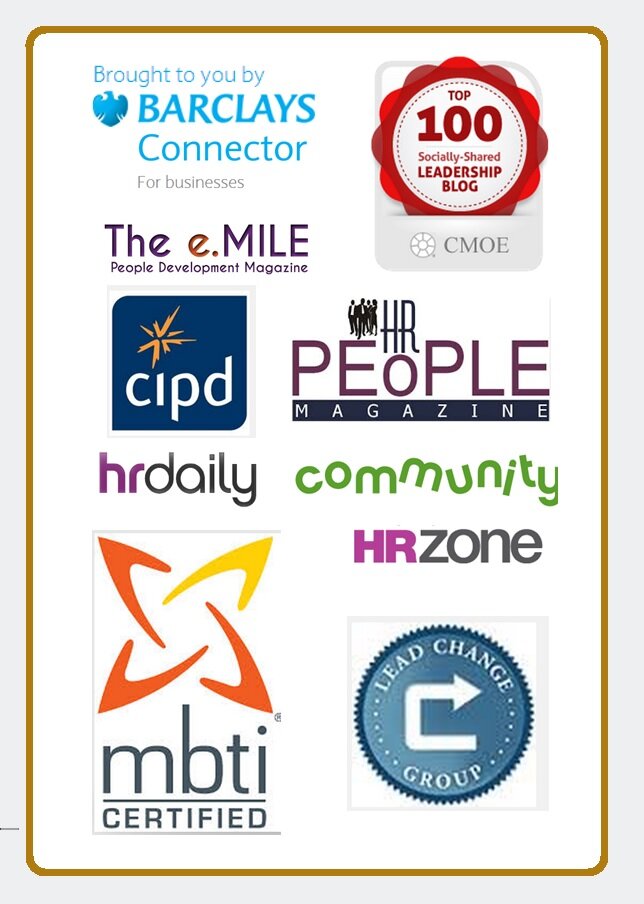I would like to invite you to a leadership challenge.
Don’t worry there is no work required from you during this leadership challenge. You can simply read, observe, catch up if that is what you would like to do. Alternatively, if something inspires you, then please join in, submit relevant articles, news, insights, contributions or even experiences. Whatever you choose, its up to you, the only commitment is to sign up and receive the weekly updates directly to your mailbox.
You are a leader. I know I am like a parrot repeating this to you again and again, but you are a leader to someone, from being prominent on the world stage to simply being your own inner leader, you are a leader to your employees, your kids, your family your friends and yourself. You can lead on the world stage or simply in your own day to day routine. Join our leadereship challenge and improve your leadership mindset!
At this stage in 2014, you are either feeling great because your New Year promises to yourself are being kept, or you once more have lapsed into the same old habits. If the latter is the case, my only advice to you is to forgive yourself and wherever you are, I’d ask maybe to consider a slightly different approach to 2014.
Why not make 2014 a year when you concentrate on how you are leading yourself and others and your life. It’s about quality, not quantity – content, not form. It’s about how and not what; give and not take. Join our leadership challenge. It costs nothing!
What these following practices in the leadership challenge actually help you do is change mind-set – your own and others. How do I know this? Because over a 30 year span of managing and leading others, these are some of the things I learned along the way and which I know if applied can change the way you lead and manage for good.
The truth is, what you give out, you get back. Newton’s 3rd Law, “To every action there is always an equal and opposite reaction: or the forces of two bodies on each other are always equal and are directed in opposite directions”, while centred on physical actions and reactions, it is the same with mental and attitudinal energy too.
So come with me on a journey. Each week of the leadership challenge, I will expand on the suggestions below, one by one, week by week. Updates might include a new article, related articles, research, videos or a relevant quote. You need do nothing, but simply consider the suggestion and read the material. If you are hoping to change the way you lead yourself, simply substitute “others or them” for “you or yourself”. If you are inspired, then I invite you to submit your articles, experiences, quotes or other relevant material for each weekly topic. You can do this by commenting, submitting material to me in advance or providing links on the commentry. If you aren’t inspired to do so, simply sit back and enjoy.
You will know some of this, maybe a lot, and some of it might simply be a refresher or even could be new. My hope is that the journey on the leadership challenge will be an interactive one, where we can share perceptions, views and ideas as we progress through the year.
So if you’d like to join me on the leadership challenge journey,
50 Ways to Make a Difference As A leader
Leadership Challenge Part One
Developing Self Awareness to Benefit Yourself and Others
- Remembering It’s a Journey not a Destination
- Accepting the power of your mind
- Tapping into your right-mindedness
- Dealing with your inner critic
- Understand your own personality type
- How to forgive yourself and give up guilt for good
- Developing self-trust and trust in others
- Practice “honest” thinking, not just positive thinking
- How to change limiting beliefs
- Understanding, you don’t know what you don’t know
Leadership Challenge Part Two
Creating A Compelling Future
- Developing a clear vision
- Communicating and engaging with others about your vision
- Bridging the gap between the here and now and the future
- Understanding the power and limitations of planning
- Practice Letting Go
- Developing resilience
- Developing patience and trust
- Keeping an open mind to opportunities
- Living in the present while creating your future
- Dealing with doubt positively
Leadership Challenge Part Three
Engaging and Motivating Others
- Help others feel connected to something bigger than themselves
- Help others feel they are part of making a significant difference
- Help others feel good about their positives
- Help others feel good about the challenging parts of themselves
- Demonstrate the power of giving
- Practice acceptance of themselves and others
- Practice non-judgement
- Practice discernment
- Develop new thinking skills
- Develop new ways to raise awareness of the impact of emotions
Leadership Challenge Part Four
Interaction and Communication
- Demonstrate congruent communication
- Make decisions with integrity
- Use “toward and away” motivation in your interactions with integrity
- Raise your awareness of how people tick
- Be inclusive
- Be visible
- Understand how to ask the right questions
- Use logical levels to increase understanding
- Use Carl Jung’s personality types to aid understanding
- True listening
Leadership Challenge Part Five
Relationship is everything
- Another way of looking at relationships
- Giving up specialness to gain everything
- Dealing with difficult people
- Preventing conflict
- Responding not reacting
- It’s either love or fear
- The boomerang effect
- The role of gratitude
- Myths about others
- The central relationship lesson
This great article is from the People Discovery blog, associated with The e.MILE People Development Magazine: the Magazine is currently running a series for the 6 months April to September 2014 based on the challenges identified by The Centre For Creative Leaderships report 2013 Don't Miss Out! Sign up here to be notified of our subsequent issues and posts

If you are a leader, you are continually developing and "Sharpening the Saw". If you lead and manage teams, then you must read about our Inspirational New Leadership Programme. Sign up now to find out more details when we launch in July 2014. There is no obligation to undertake the programme, if you sign up today, you will simply be sent more information about the programme. You can unsubscribe at any time! Click below to register for further information.





 Everyone has this power, some of us just don’t realise it.
Everyone has this power, some of us just don’t realise it. Authentic Leadership skills include learning from relationships.
Authentic Leadership skills include learning from relationships.

